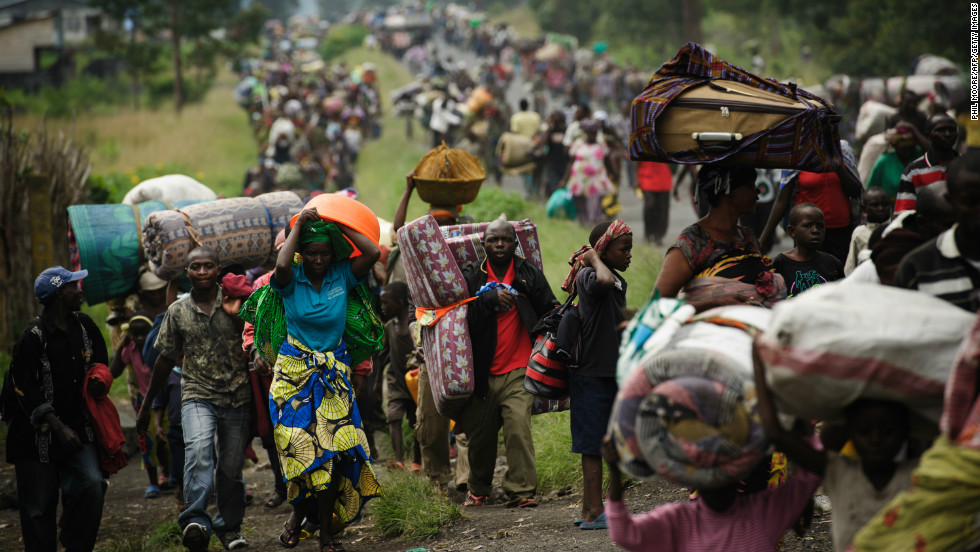Professor Philip Spencer once remarked that genocide robs humanity of diversity. This phrase has stuck with me for several years mainly due to its elegant simplicity. At its core, it suggests that we should care about genocide because denies us a chance to be diverse in the various forms and depths the word entails. Thus, a genocide against the Yazidis or the Rohingya means we lose cultures, religious practices, languages, bright futures etc. This simplicity masks the intense depth that it brings with it as well since it places the impetus on us and challenges us to consider how important a loss of diversity is to us. It is even more memorable because it does not seek to compare genocide and other atrocity events such as war crimes and crimes against humanity for it to sound profound. I am reminded of this conversation because it seems like that time of the year again, when various atrocities in Africa are trotted about and debates about whether they are genocides or not dominate the media discourse. To what extent is then the term genocide, and discussions whether the events fit the UN convention’s definition, inhibiting rather than enabling prevention and response?

Three years ago I wrote about my frustration about the insistence of labeling conflicts in Africa genocides to raise awareness. This debate, I argued, often allowed the international community to engage in endless hand-wringing while people were being killed, displaced, raped, and maimed. Early last month, Voice of America published a story saying that UN investigators thought that the atrocities in the Democratic Republic of Congo fell ‘short of Genocide.’ Implicitly, this framing implied the “mass rapes, mutilations, and beheadings” though awful would be even worse when occurring within the context of a genocide. They were, rather, “war crimes and crimes against humanity” and a casual reader would be right in assuming that these were somewhat not as bad as a full-blown genocide. Such terminological disquisitions harken back to the infamous “acts of genocide” statement by US State Dept. spokesperson Christine Shelley about Rwanda in 1994. The other end of this labeling spectrum is captured in an article by the Baptist Press about the Middle Belt in Nigeria. In this article, the author framed conflicts in Nigeria as genocide against Christians. This particular report appears to push to the side the fact that most of the victims of Boko Haram have been Muslim communities in Northern Eastern Nigeria with targets often being Mosques, IDPs, Villages, Towns, etc.
These two cases illustrate not only the politics of naming conflicts in Africa but also the challenges the international community faces when trying to parse out the goings-on during a conflict and evaluate possible responses. How helpful is the term? Tribunals have wrestled with the issue of determining explicit “intent to destroy” a group years after the events and often with copious evidence gathered (see the ICTY). Needless to say, this is an even more challenging task when the events are still unfolding. It often feels like when it comes to Africa specifically, and the Global South generally, there is a race figure out whether or not an atrocity is genocide (and with this just as bad or worse than Rwanda). This is not to rehash old and on-going debates about the usefulness of the term itself. I ardently believe that genocide is the worst form of crimes that can be perpetrated against a people. However, I am wary of the implicit message in framing atrocities such as those in the Democratic Republic of Congo as ‘falling short.’ This implies that there is a race to the top spot of human suffering and only those that make it are labelled genocide, creating a hierarchy of atrocity and human suffering.
j. Siguru Wahutu, PhD is a fellow at the Berkman Klein Center for Internet and Society atHarvard University. Starting in 2019, he will be an assistant professor in the Department of Media, Culture, and Communication at NYU.

Comments